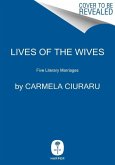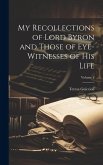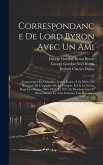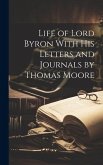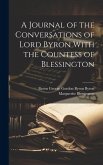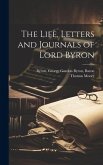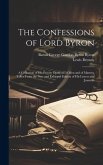How did Byron become "Byron"? In Lord Byron at Harrow School: Speaking Out, Talking Back, Acting Up, Bowing Out, Paul Elledge locates one origin of the poet's personae in the dramatic recitations young Byron performed at Harrow School. This is the first book-length scholarly examination of the four critically formative years of Byron's public school experience, 1801 to 1805, when Harrow enjoyed high subscription and fame under Dr. Joseph Drury, headmaster. Finding its genesis in the boy's intrepid appearance on three Speech Day programs, the book argues that Byron's early performances addressed anxieties, conflicts, rivalries, and ambitions that were instrumental in shaping the poet's character, career, and verse. Elledge carefully examines the historical and biographical contexts to Byron's Harrow performances, showing their relevance to Byron's physical and psychic landscapes at the time--his connections to his mother and half-sister, his headmasters and tutors, his Harrow intimates and rivals, his lameness, his London theatrical spectatorship. Byron's performances in the characters of King Latinus from the Aeneid, Zanga the Moor from Edward Young's The Revenge, and King Lear provide an opportunity to examine his early experiments with self-presentation: as Elledge argues, these performances are "auditions or trials of performative and autotherapeutic strategies, subsequently refined and polished in the mature verse." Throughout, Elledge reads the boy for the sake of reading the poet; he shows how young Byron's introduction to theatricality at Harrow School prepared him to make a confident and spectacular debut on Europe's cultural stage. "His selection of texts fordeclaiming--the discourse of two kings and a show-stealing, scene-chewing villain--participates in a larger pattern of deliberate self-fashioning that began at least as early as Byron's Harrow years and evolved into the elaborate mode and vogue of self-representation that partially, with
Bitte wählen Sie Ihr Anliegen aus.
Rechnungen
Retourenschein anfordern
Bestellstatus
Storno


